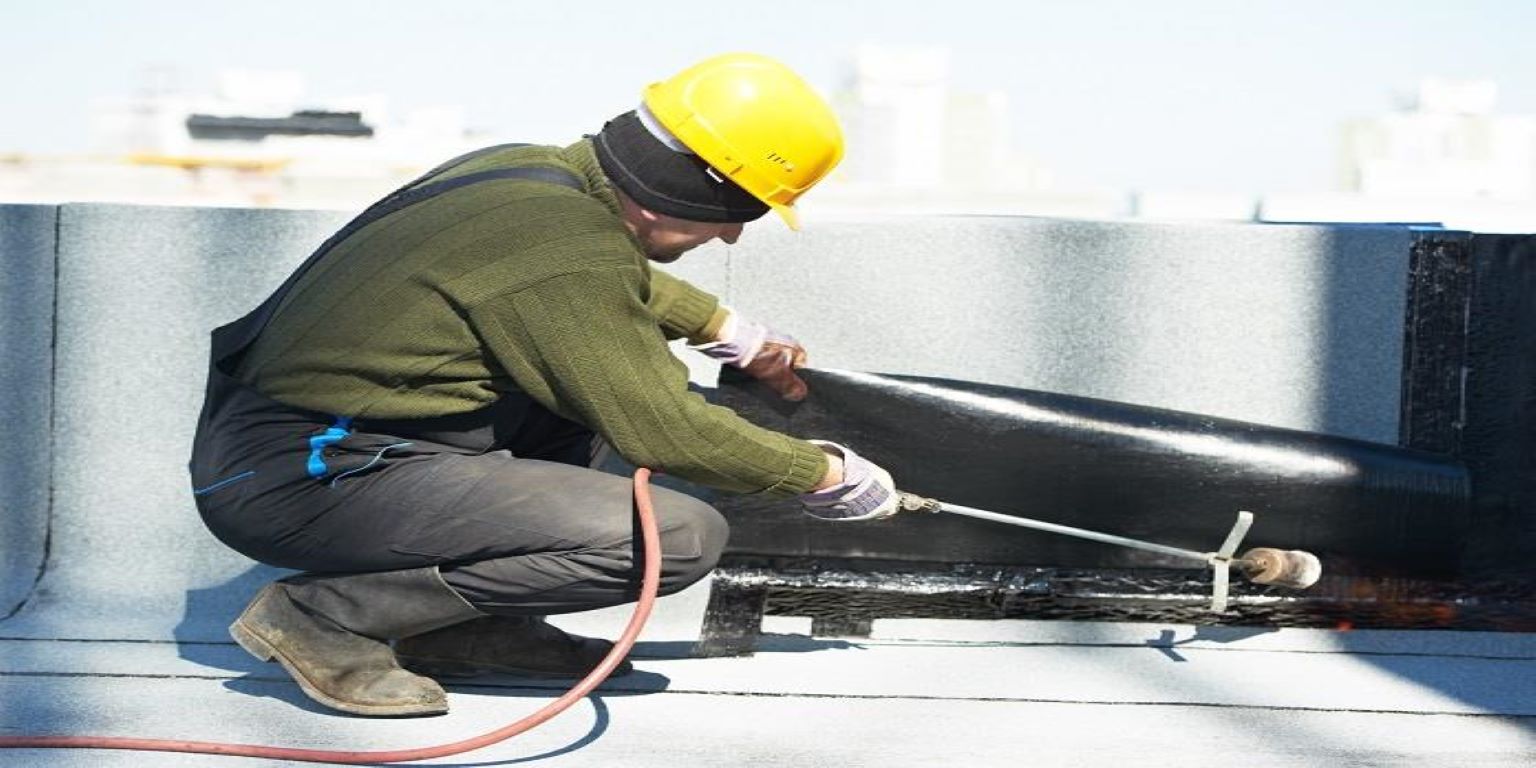
Propane FAQ
Propane FAQ
What is Propane?
Propane is a multi-use fuel that is easily portable, clean burning and non-toxic. Canada has an extensive propane supply and a strong national infrastructure making it easily accessed and competitively priced. Propane is not a natural occurring product but a by-product of natural gas processing and crude oil refining. It is processed as and used as a gas but transported and stored as a pressurized liquid.
Is Propane Safe?
The propane industry uses many different methods to ensure the safe use and transport of propane:
1. All propane appliances and equipment are manufactured to extremely high safety standards.
2. Propane has a lower range of flammability when compared to other petroleum products. To create an ignition the propane-air mix must contain from 2.2% to 9.6% of propane vapor. If the mixture contains less than 2.2% gas, it will be too lean to ignite. If the mixture contains more than 9.6%, it will be too rich to ignite.
3. Propane will not ignite when mixed with air unless the ignition source reaches a minimum of 504 degrees Celsius. In comparison, gasoline will ignite when source of ignition reaches 221 to 260 degrees Celsius.
4. If there is a leak of liquid propane, it doesn’t puddle but instead vaporizes and dissipates into the air.
5. If or when propane is released from its pressured container, it is released only as a vapor, propane cannot be ingested like gasoline or any other alcohol fuels.
6. Propane is manufactured virtually odorless and colorless but a commercial odorant called Ethyl Mercaptan is added so that propane can be easily detected if it leaks from its container. It will smell much like rotten eggs or a skunk type smell.
Is Propane environmentally friendly?
1. Of all of the commonly used fossil fuels, propane is one of the lightest and simplest hydrocarbons resulting in one of the cleanest burning fuels.
2. When burning coal to generate electricity it releases more carbon dioxide and other pollutants into the atmosphere. Coal emits more than twice the amount of carbon dioxide as propane does. Using propane gas instead of electricity, allows consumers to help lower emissions and preserve the environment.
3. Propane gas is nontoxic, so it’s not harmful to soil and water.
Why is there a charge for a “Gas Check”?
Fuel systems need to be inspected with a Gas Check every ten years as mandated by the TSSA. If there is no current inspection for the system it cannot be refueled. A certified technician must inspect all appliances, fuel lines, regulators and tanks to ensure all regulations and compliance requirement are being met. This service is not free and it is there to help protect consumers, employees, employers and technicians.
Do I need Training/Certification to operate propane equipment?
Anyone working with propane is required by law to have a record of training (ROT) to fill propane tanks and cylinders, transfer propane and operate propane fueled equipment.
Safety First Training Ltd. is an authorized provider of propane training by the Propane Training Institute (PTI), a division of the CPA, and can help you with the training you require for:
PTI 400-01: Connection & Use of Construction Heaters Up To 400,000 BTUH
PTI 400-08: Connection & Use of Propane Torches
Need more information?
Visit the Canadian Propane Association for further information.
Recent Blogs
- Propane: The Cleaner Alternative Fuel
- Propane Training for CH-02 Heaters and CH-02T Torches
- Why Onsite Safety Training Is Popular
- WHMIS Training in Richmond Hill
- Fire Safety Training Etobicoke
- Forklift Safety Training (Counterbalance)
- Forklift Facts
- Why Forklift Certification in Ontario is Non-Negotiable for Your Business in 2025
- WHMIS Training and Certification in Pickering
- Forklift Use in the Workplace
- WHMIS Training Certification in Brampton
- WHMIS Training and Certification in Markham
- Electric or Propane Counterbalance
- National Day of Mourning - April 28
- Counterbalance Forklift Training Whitby
- WHMIS Certification in Vaughn
- Scissor Lift and Genie Boom Training In Toronto
- Aerial Work Platform Training
- The Importance of AODA Compliance for Ontario Businesses
- Scissor Lift Training and Certification for Safe Operations

